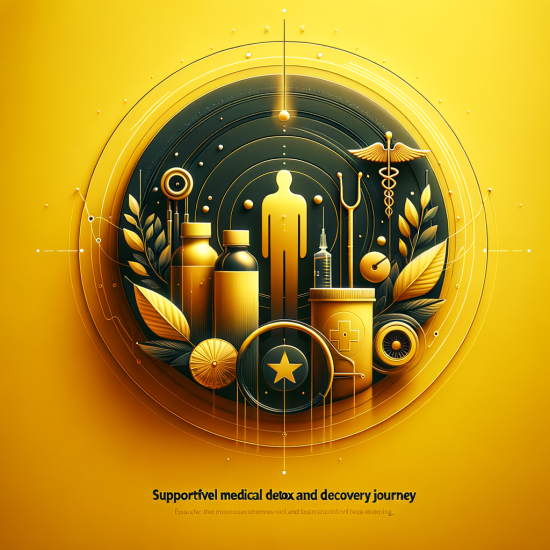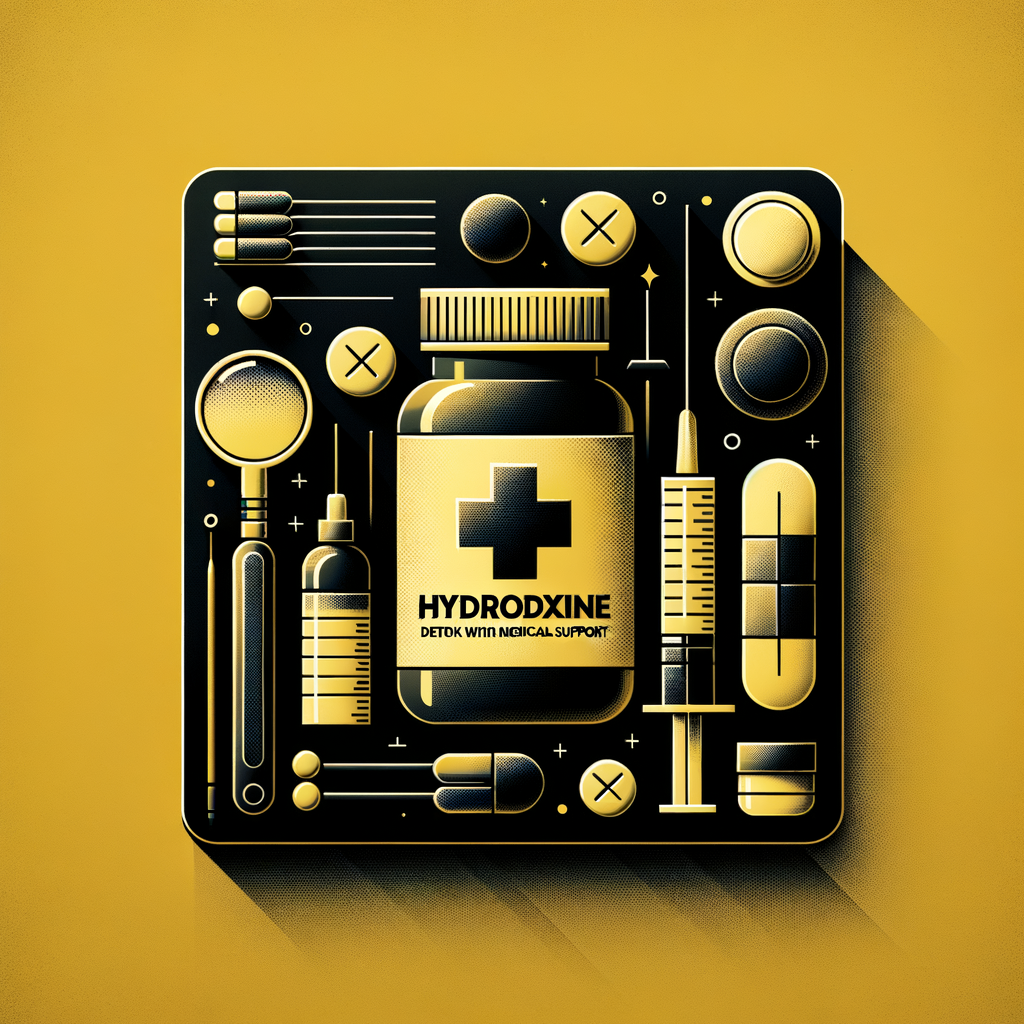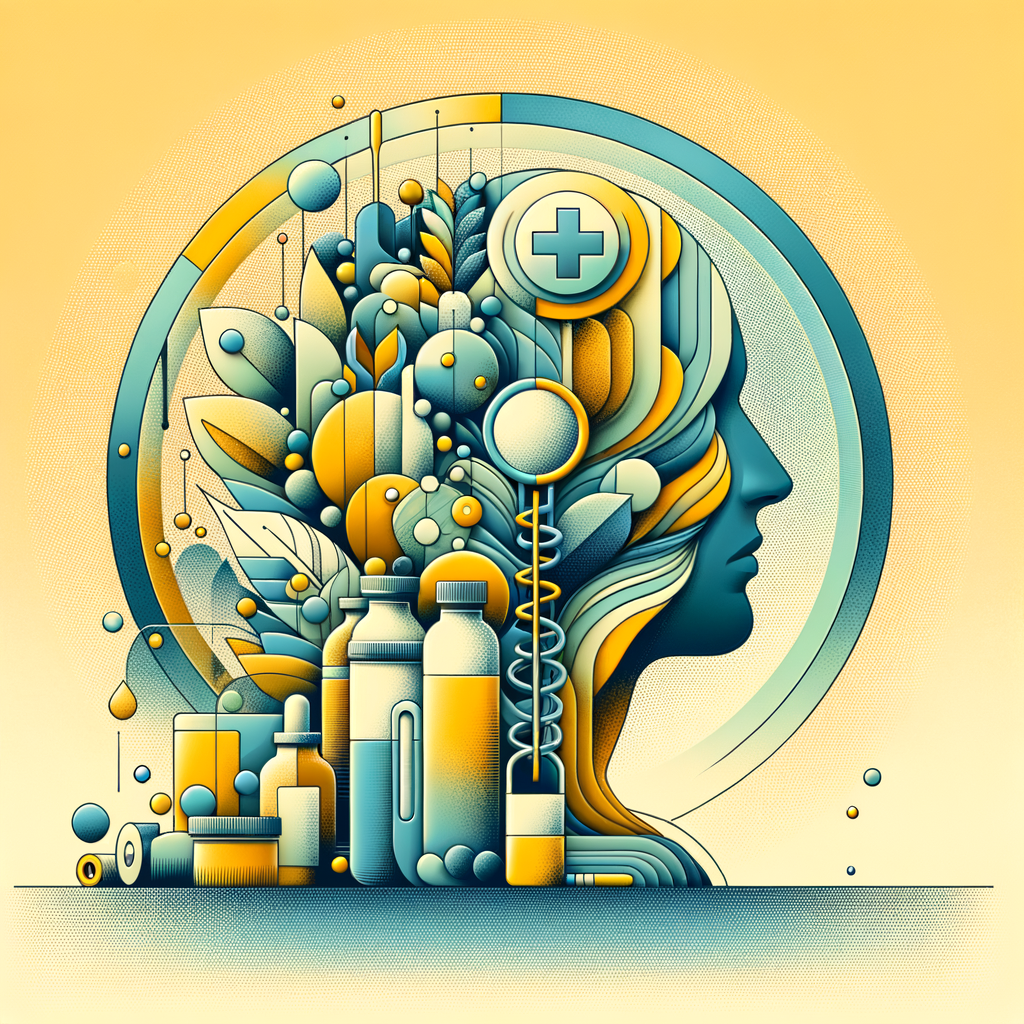Drug and Alcohol Detox in Dorchester, Iowa – Start Your Recovery Journey Today
If you or a loved one is struggling with substance addiction, seeking professional help is the first step toward a healthier life. Drug and alcohol detox in Dorchester, Iowa provides a safe, supportive environment designed to help you manage withdrawal symptoms and begin your recovery process with expert medical care.
According to the National Institute on Drug Abuse (NIDA), over 20.4 million Americans experience substance use disorders each year. Detoxing in a structured setting significantly increases the chances of long-term recovery.
In this guide, we’ll explore everything you need to know about drug and alcohol detox in Dorchester, IA, including treatment options, benefits, and what to expect from the detox process.
Why Choose a Professional Detox Center in Dorchester, Iowa?
Attempting to detox from drugs or alcohol at home can be extremely dangerous and often leads to relapse. Medical detox programs provide professional supervision, ensuring withdrawal symptoms are managed safely and effectively.
Benefits of Professional Detox Services:
- Medically Supervised Withdrawal – Reduces the risk of severe withdrawal symptoms such as seizures, dehydration, and mental distress.
- Customized Detox Plans – Programs tailored to fit each individual’s needs, ensuring the best possible start to recovery.
- Emotional and Therapeutic Support – Access to counselors and mental health professionals throughout detox.
- Reduced Risk of Relapse – Professional detox gives people a better chance of maintaining long-term sobriety.
Understanding the Detox Process
Every individual’s detox journey is unique, but the overall process typically follows three key stages:
1. Assessment and Evaluation
Before detox begins, a thorough medical and psychological assessment is conducted to understand the patient’s substance use history and overall health. This helps healthcare professionals create a personalized detox plan.
2. Stabilization Phase
During this stage, the body begins eliminating the substance. Withdrawal symptoms can vary in severity depending on the type and duration of substance use. Medical professionals provide medications (when needed) to ease withdrawal symptoms and ensure the detox process is as comfortable as possible.
3. Transition to Ongoing Treatment
Detox alone is not a cure for substance addiction. After detox, patients are encouraged to continue their recovery journey through inpatient or outpatient rehabilitation programs to build coping strategies and prevent relapse.
Types of Detox Programs Available in Dorchester, Iowa
1. Medical Detox Programs
For individuals struggling with opioids, alcohol, or benzodiazepines, medical detox is highly recommended. It involves the use of medication-assisted treatment (MAT) to alleviate withdrawal symptoms while being under the supervision of healthcare professionals.
2. Inpatient Detox Programs
Inpatient detox provides 24/7 medical supervision in a structured, residential setting. This is ideal for individuals facing severe withdrawal symptoms or those with co-occurring mental health disorders.
3. Outpatient Detox Programs
For individuals with milder withdrawal symptoms, outpatient detox allows patients to detox while maintaining their daily responsibilities. This program provides medical check-ins and support without requiring full-time residential care.
4. Holistic Detox Programs
Some detox centers in Dorchester, IA, offer holistic detox options, incorporating therapies like meditation, nutrition counseling, and acupuncture to support the body’s natural healing process.
Understanding Withdrawal Symptoms
Withdrawal symptoms vary depending on the substance used, the duration of addiction, and overall health. Below are common withdrawal symptoms:
Alcohol Withdrawal Symptoms
- Insomnia
- Sweating
- Anxiety
- High blood pressure
- Seizures (in severe cases)
Opioid Withdrawal Symptoms
- Muscle pain
- Nausea and vomiting
- Intense cravings
- Panic attacks
- Flu-like symptoms
Stimulant Withdrawal Symptoms (Cocaine, Methamphetamine, etc.)
- Fatigue and depression
- Increased appetite
- Disturbed sleep patterns
- Intense drug cravings
Seeking professional support ensures that withdrawal symptoms are properly managed, reducing potential health risks.
How to Choose the Right Detox Center in Dorchester, Iowa
When looking for a trusted drug and alcohol detox center in Dorchester, consider the following factors:
- Accreditation and Licensing – Ensure the facility is accredited and licensed by reputable organizations such as the Substance Abuse and Mental Health Services Administration (SAMHSA).
- Medical Supervision and Qualified Staff – Check if the center provides certified medical professionals, including doctors, nurses, and mental health counselors.
- Range of Detox Services – A good detox facility should offer inpatient, outpatient, and medication-assisted treatment programs tailored to individual needs.
- Aftercare Support and Follow-Up Programs – A quality detox center should also provide relapse prevention programs, ensuring long-term sobriety support through counseling, group therapy, and recovery coaching.
The Road to Recovery: Life After Detox
Completing detox is just the beginning. Recovery is a long-term commitment that requires ongoing support. After detox, individuals are encouraged to explore the following:
- Rehab Treatment Programs – Inpatient or outpatient substance use disorder treatment.
- 12-Step Recovery Programs – Support groups like Alcoholics Anonymous (AA) or Narcotics Anonymous (NA).
- Therapy and Counseling – Individual or group therapy sessions to address the root causes of addiction.
- Lifestyle Changes – Healthy routines, diet changes, and exercise to support long-term recovery.
Making the right choices after detox significantly improves the chances of achieving lasting sobriety.
FAQs About Drug and Alcohol Detox in Dorchester, Iowa
1. How long does detox take?
The detox process typically lasts between 3 to 10 days, depending on the substance and severity of withdrawal symptoms.
2. Is detox painful?
Some discomfort is expected during detox, but medical professionals use medications and therapies to make the process as safe and comfortable as possible.
3. Can I detox at home?
Detoxing without medical supervision can be extremely dangerous, especially for substances like alcohol, opioids, and benzodiazepines. Medical detox significantly reduces risks and increases the chance of long-term recovery.
4. What happens after detox?
After detox, patients are encouraged to participate in rehab programs and aftercare support to build skills for long-term sobriety and relapse prevention.
5. Will my insurance cover detox treatment?
Many insurance providers cover substance abuse treatment, including detox programs. It’s advised to check with your provider or contact our team for insurance verification.
Take the First Step Toward Sobriety Today
Seeking drug and alcohol detox in Dorchester, Iowa is a courageous and life-changing decision. Our detox center provides professional, compassionate care to help you or your loved one safely manage withdrawal symptoms and begin the journey to recovery.
You don’t have to go through this alone. Call (888) 852-0557 today to speak with one of our admissions coordinators and take the first step toward a healthier, addiction-free life.







